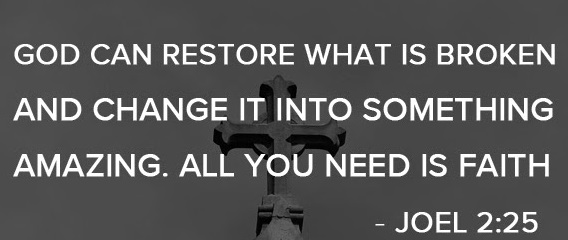Psalm 88 isn’t like the others, most psalms end on the high note of hope, but not Psalm 88.
It’s true. This psalm is different. The concluding words aren’t what we’d expect. They’re not what we’re used to. To be sure, the psalms are full of laments, oftentimes raw and intense, but they at least end hopeful. Psalm 88, though, begins in pain: “I cry out day and night before you” (verse 1), and then ends in pain: “My companions have become darkness” (verse 18).
“My companions have become darkness” — or as the King James puts it, “[Thou has put] mine acquaintances into darkness.” His friends are gone, in other words. They have abandoned him. The only companion he has now is the dark. Nothingness has been personified. Blankness. Absence. At least, that is how he feels — and that is how the psalm ends. Then there’s the awkward silence. There’s that moment in between when we finish reading and start to wrap our heads around what we’ve read. There’s the budding question, the one pushing through the aching pain of emptiness that we begin to feel — either because we sympathize with the psalmist or because he has described our own pain . . . Why is this psalm here? How did it make it into the Bible?
We should ask that. The Psalms are meant to guide the church in worship, after all. They compose, as Bonhoeffer says, the Bible’s “prayer book.” They model for us — as the ancient poetry of a timeless heart — how God’s people come to God. So why would they include such a despairing psalm?
Because sometimes we have to come to God in the dark. Sometimes the weight of our trials are so severe that we feel as if we can’t keep our heads above the water. The pain is so vicious, the malaise so thick, that we can’t imagine our situation ever changing. We can’t see healing. We can’t articulate hope. And when we try, it just hurts more. We’d rather not pray. We’d rather not open the eyes of our mind — not with all this destruction, not when it’s so dark.
But Psalm 88 shows us how. Cloudy as this psalm seems, we shouldn’t miss the most obvious point. Yes, the psalmist says his soul is full of troubles, that his life draws near to the grave, that he feels like a dead man, like one forgotten, that it seems as if God has isolated him in regions dark and deep, that he’s drowning, that he can’t escape, that his life is a horror, that he is cast down, unheard, afflicted, shunned — but he’s telling this all to God. He is still speaking — from the pain, in the pain, through the pain. Even if by the faintest whispers, even if by the incoherent groans of a troubled soul, he looks to heaven and says, This is where I’m at, God. This is how dark it feels.
We can come to God like this. Hurting and broken, no matter what, we can still come. We can still come because — and we must remember — God isn’t afraid of the dark.
Jesus has been there before, you know. On the darkest of days, from a hill called the Skull, after he cried forsaken, after he said it’s finished, after they locked the stony seal over the gloomiest grave, Jesus went there. And he went there for you.
He swallowed the real darkness so that, as abandoned as his people might feel, as alienated as their worlds might seem, he never lets them go there alone. He walks that road with us. He prays those prayers with us. He fills us with his Spirit, and lifts our burdened souls by his grace. By his cross and victory, because he looked death in the eyes and came back to life three days later, Jesus holds us when it hurts. He leads us to worship in the dark.


